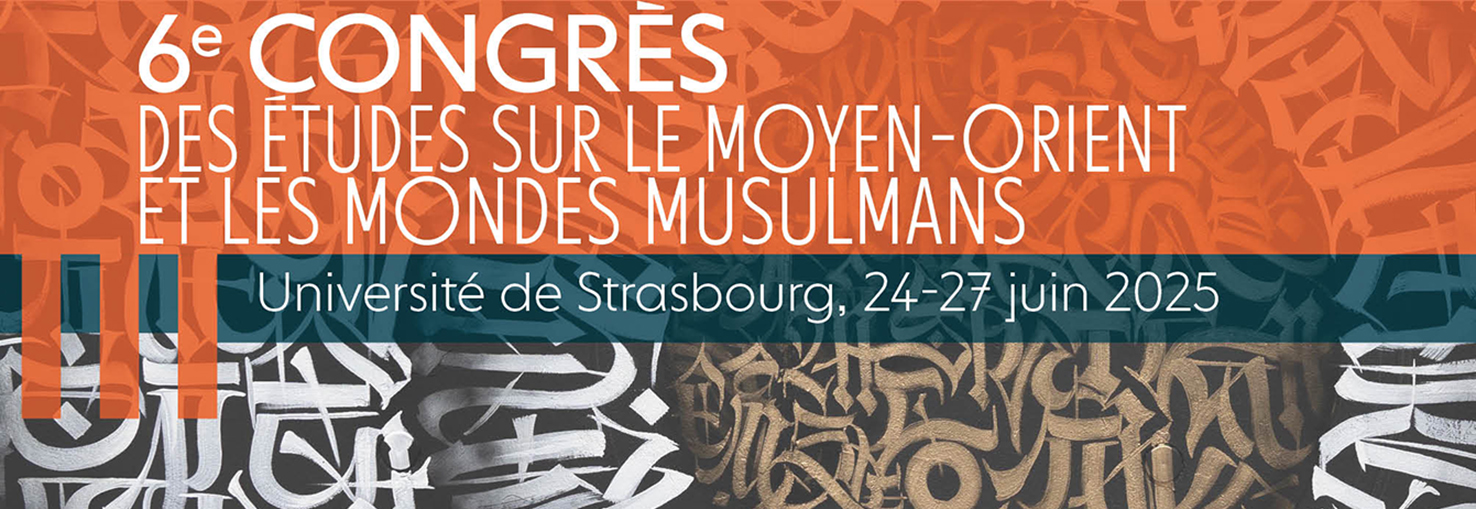Mercredi 25 juin 2025, 16h30-18h30, Salle 3R-02
RESPONSABLES ET DISCUTANTS :
Salim Chena (Sciences-Po Bordeaux, Les Afriques dans le monde)
Abdennour Benantar (Université Paris 8, Centre de la Méditerranée moderne et contemporaine, Université de Côte d'Azur)
INTERVENANTS :
Faouzi El Mestari (Sciences-Po Bordeaux, Centre Émile Durkheim) : L'Algérie dans ses relations extérieures : La fragilisation d'une puissance régionale
Algeria in its foreign relations: The fragilization of a regional power
Kevan Gefaïti (Université Panthéon-Assas, Centre Thucydide) : Autonomisation stratégique de la zone « MENA » : Une lecture à travers la politique
étrangère iranienne
The strategic autonomisation of the “MENA” zone: An analysis through Iran foreign policy
Abdennour Benantar (Université Paris 8, Centre de la Méditerranée moderne et contemporaine, Université de Côte d'Azur) : Le système régional arabe : Des recompositions à l'heure des interventions (2003-2023)
The Arab regional system: Reconfigurations in the era of interventions (2003–2023)
Adlene Mohammedi (Paris 3, IRIS, CERI) : Conquêtes et concessions russes en Afrique du Nord et au Moyen-Orient
Russian gains and setbacks in North Africa and the Middle East



